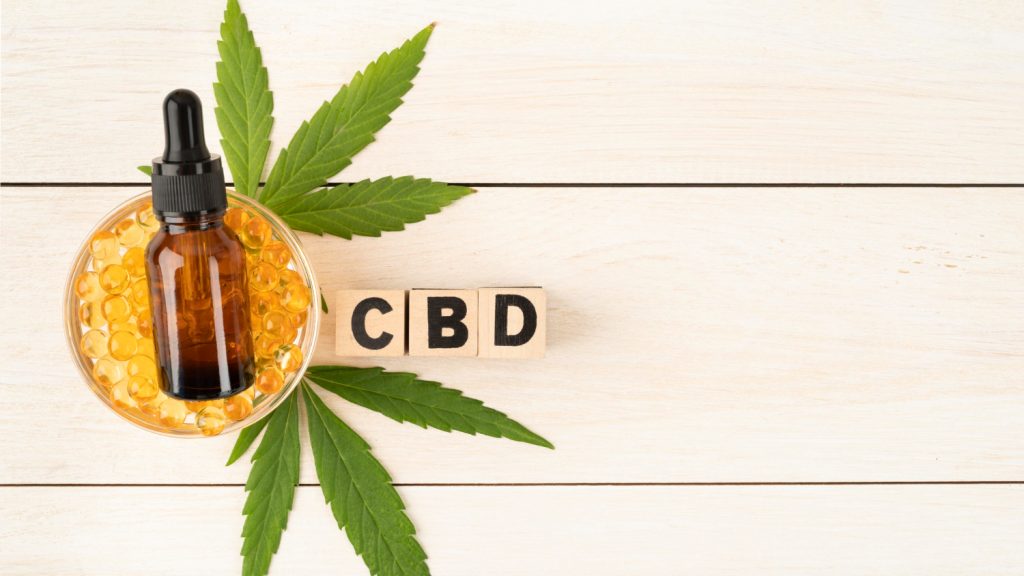
So many questions regarding this miracle weed or CBD Gummies. We will do our utmost in this series, to start answering them.
CBD doesn’t treat chronic pain? Does it? Will it show up on a drug test? Or is it all just a marketing gimmick and a waste of money?
Not to worry. Today we’re going to go over all of that.
Hello every one, here at Sun State Hemp we are going to give you an unbiased view of what we are seeing.
We are going to do our best to help answer some of your questions and the questions that I get asked from customers and curious people on CBD each day. If you find this Blog helpful, please do us a favor and send it to your friends.
CBD. First things first. What the heck is it? Shorthand for cannabidiol. CBD is a naturally occurring chemical compound. Derived from the cannabis plant, a safe, non-addictive substance, CBD is one of more than 100’s cannabinoids. Unlike its cousin D9, tetrahydrocannabinol, THC, which is a major active ingredient in the cannabis plant, CBD is not psychoactive, meaning it won’t get you high.
That’s because CBD and THC act in different ways and on different receptors in the brain and in our body. Nowadays, CBD is being heavily studied by researchers and scientists for its significant therapeutic attributes.
There’s a lot of confusion and misleading information out there about cannabidiol, or CBD, and how it differs from its close cousin, tetrahydrocannabinol, or THC. Both are cannabinoids found in different types of cannabis plants, but of the two, THC is more famous. Everyone knows that THC, the most prominent cannabinoid in marijuana, is responsible for several psychoactive effects, so people sometimes shy away from CBD, fearing that it may also be capable of producing a similar high.
But can CBD get you high?
The short answer is no, so don’t worry about losing your sense of time or developing the munchies every time you swallow a CBD gummy. However, the long answer is a bit more complicated.
Hemp vs. marijuana
We’ve established that CBD by itself cannot get you high, however, you do need to pay close attention to what CBD products you buy. Just because CBD is more prominent in hemp and THC is more prominent in marijuana doesn’t mean the two don’t frequently show up together. Many hemp strains contain trace amounts of THC (CBD products containing below 0.3% THC are widely available in the US).
Some hemp plants are grown with higher concentrations of THC in mind, so depending on where you buy from, you may end up with a CBD product that has more than the 0.3% limit of THC content. This is where reading labels and lab reports can come to your rescue.
CBD and drug tests.AT Sun State Hemp, we pride ourselves in thoroughly testing every batch of CBD Lab Reports | Sunstate Hemp.
Another common question is whether regular use of CBD can show up on a drug test. Again, we have a short answer and a long one. Yes, drug tests can detect CBD, but you’re unlikely to have any cause for worry. The drug tests used by employers and the legal system are normally fine-tuned to catch Delta-9-THC, not CBD. It is possible to test specifically for CBD, but this isn’t commonly done as THC tests are the most common standard. And even if it did, it would most probably be below the limit attributed to a drug test failure.
But watch out, failing a THC drug test due to CBD oil use is still possible. Again, you have to pay close attention to the contents of the CBD oil you buy. If it has a smidge too much THC in it and you use a large amount, you could potentially wind up with a positive drug test result. Sticking to CBD Isolate products can also be a way to minimize your potential THC intake, as when properly formulated these products often have 99% or greater purity.
So are there health benefits to using CBD?
It seems so. Contrary to what most people think that CBD is a recent Discovery, CBD has been around for a while, first extracted in 1942 by a Harvard-trained chemist, Roger Adams, and later in 1963, Dr. Meshulam, known as the Godfather of Cannabis Research, who first described the chemical structure of CBD.
In the 1980s, Doctor Meshulam and other researchers found that after a lot of preclinical work in rats and mice, CBD in fact had antiepileptic properties, and around the same time, a small clinical trial by Brazilian researchers gave poor epileptic patients a daily dose of 200 milligrams of CBD.
What? Five were given only a placebo. Two of the patients taking CBD showed a remarkable improvement with no convulsions over the three months they received treatment, one showed partial improvement and one showed no improvement, whereas none of the placebo patients demonstrated any improvement. And that was back in the 70s and. 80s.
in recent years there have been a ton more studies and anecdotal experiences with the use of CBD and epilepsy. So much so that recently the FDA approved the first-ever cannabis-derived medicine for these conditions, Epidiolex which does contain CBD beyond epilepsy.
CBD is also commonly used to address anxiety. Open neurodegenerative disorders are diseases that cause the brain and nerves to deteriorate over time. Researchers are studying the use of CBD oil for treating disorders like Alzheimer’s disease, multiple sclerosis, Parkinson’s disease, and stroke.
CBD oil may also potentially reduce inflammation that can make the nerve’s degenerative symptoms worse. More research is needed to fully understand the effects of CBD oil on nerve generative diseases, but this is a major area that scientists are currently studying.
All in all given its non-addictive and non-psychoactive nature, CBD is generally considered ‘safe’ when properly formulated and extracted. However, to get the maximum benefit out of your CBD regimen, you’ll still want to hone in on the ideal serving size for you. How much CBD you should take will depend on several factors such as your individual needs, weight, and metabolism. It’s best to start with a lower serving size and work your way up until you find the perfect level of CBD for your needs.
While you cannot overdose on CBD, it can interfere with some medications. Before starting a CBD regimen, you should consult with your doctor about your intentions and the kind of CBD you’re interested in. They’ll be able to guide you as to the best route to take with regard to CBD.
Our Recommendation, though is to always use a best-in-class CBD Company, and we at Sun State Hemp are proud to say that quality matters and that all our products are GMP Certified, and NON-GMO. We also have a variety of Vegan-friendly products. And best of all, our products are lab-tested and quality-inspected.

